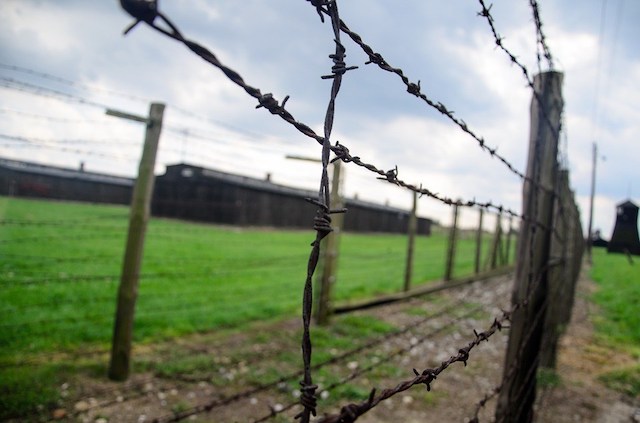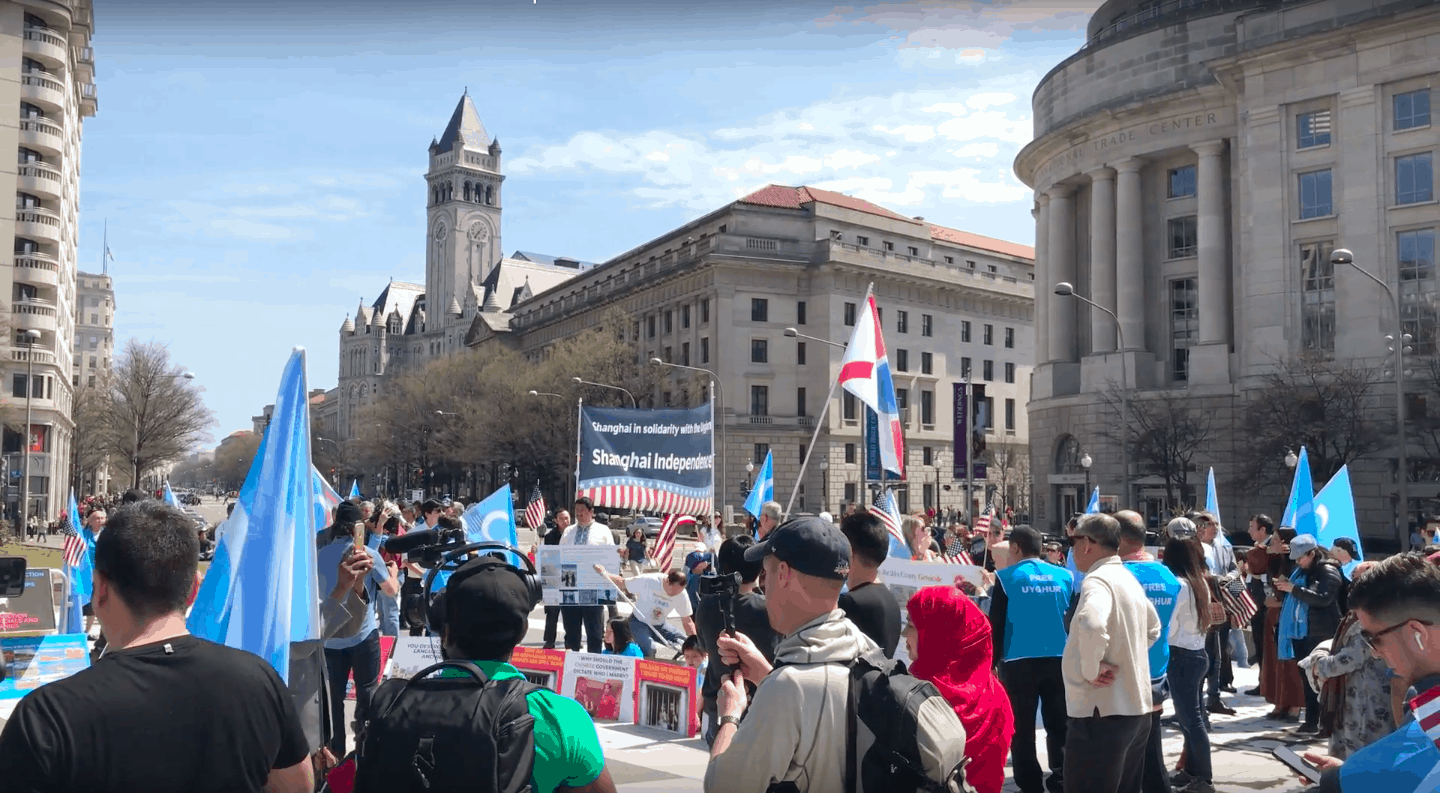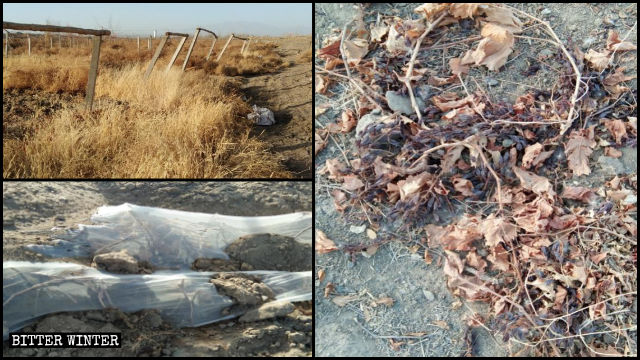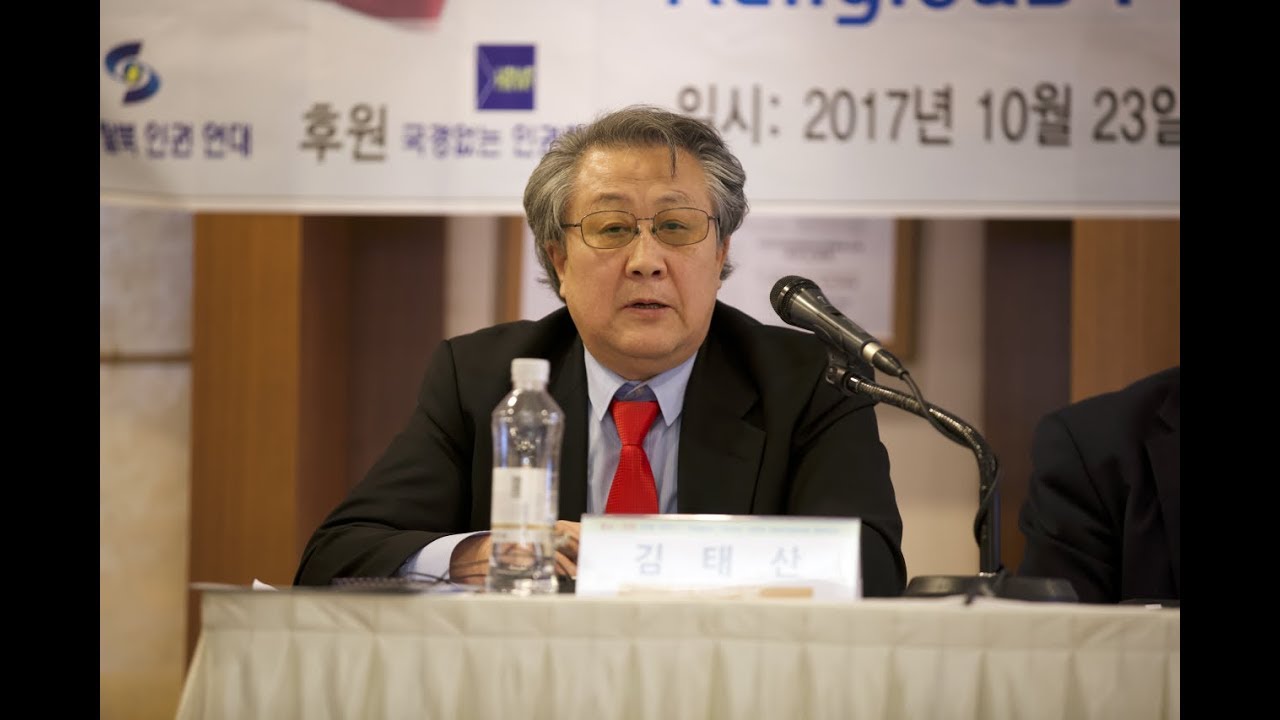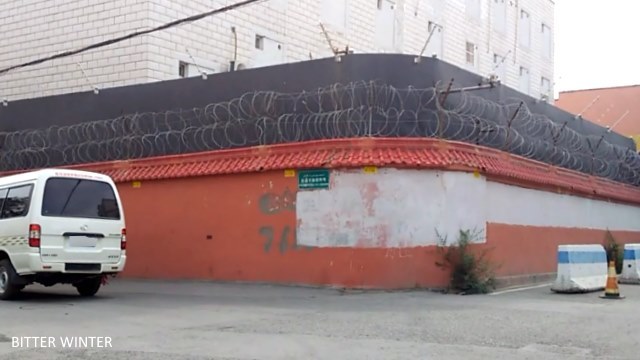Dolkun Isa, the president of the Munich-based World Uyghur Congress (WUC) and Omer Kanat, chairman of the WUC Executive Committee, paid a brief visit to Washington on Monday, amid growing U.S. government concern for the Chinese government’s treatment of the roughly 11 million Uyghurs living in the Xinjiang Uyghur Autonomous Region (XUAR). The United Nations, human rights groups and independent experts estimate that China is holding a million Uyghurs accused of harboring “strong religious views” and “politically incorrect” ideas in political re-education camps in the XUAR. The camps, whose existence China has indirectly acknowledged while claiming they are vocational training facilities and disputing the numbers incarcerated, has prompted calls by U.S. lawmakers for targeted sanctions against select Chinese government officials. On Tuesday, the New York Times reported that The Trump administration is considering sanctions against Chinese senior officials and companies to punish Beijing’s detention of Uyghurs and other minority Muslims in internment camps. Alim Seytoff, director of RFA’s Uyghur Service, spoke to the two leaders of the Munich-based WUC, which lobbies for the interests of Uyghurs, after their discussions at the White House about the situation in Xinjiang. Isa, 51, learned in July that his mother died on May 17 at the age of 78 in one of the camps. He refers to Xinjiang as East Turkestan, the Uyghurs’ preferred name for their homeland.
RFA: What is the purpose of your sudden trip to Washington?
Isa: I was invited to meet with high-level officials in the White House to discuss the latest situation in East Turkestan and address the questions they have.
RFA: Did you mostly discuss the detention of one million Uyghurs people in China’s political reeducation camps?
Isa: Yes, the most important discussion was about the detention of one million Uyghurs in China’s concentration camps. I am very pleased that the White House is deeply concerned with Uyghur detentions in the camps. I am deeply grateful for the concerns expressed by the White House, U.S. Congress and NGOs over the tragic situation of the Uyghur people. I did express our appreciation to the repeated expressions of concerns over the camps issue by Vice President (mike) Pence, Secretary of State (Mike) Pompeo and members of Congress. I am glad the U.S. is taking the issue of the concentration camps quite seriously.
RFA: Apparently, the U.S. is taking the lead in expressing its concerns over the detention of one million Uyghurs by the Chinese authorities. Like you stated, high-level U.S. officials including Vice President Pence, Secretary of State Pompeo and U.S. Ambassador to UN Nikki Haley raised this issue. Members of Congress held a hearing on this issue and penned two letters expressing their concerns and urging sanctions on Chinese officials. You’ve been to the European Parliament and met with European officials a few times now. Are similar concerns are being expressed by European officials taking the cue from the American officials?
Isa: The European officials are seriously interested in the issue of the camps and gravely concerned. Last week, I met with officials at the European Parliament and European Commission as well as officials from Belgium and Germany. We briefed them on the expressions of concern and actions taken by the U.S. administration and Congress. We requested that they take similar measures. We were also reassured by the officials of the European Parliament and European governments that they would raise this issue with their Chinese counterparts during bilateral dialogues and meetings. I am confident that there will be certain measures taken by the European Parliament and European Commission in the coming weeks.
RFA: At the moment, the U.S. government and the European governments are expressing serious concerns and putting pressure on China. But how do you see Turkey, and Arab and other Muslim countries that remain silent on this issue?
Isa: This is deeply disappointing. The reason is the Uyghur people in East Turkestan are a Turkic Muslim people. The vast majority of the Uyghur people have been detained in China’s concentration camps for religious reasons. Under such circumstances, the Muslim countries should take this issue more seriously and express more sympathy to us than Western nations. Sadly, we have not seen any interest or expression of concern over this issue by a single Muslim country. Not only have they kept their silence. But the painful truth is, as we have witnessed many times at the UN, some Muslim countries, like Pakistan, are not only turning a blind eye to the suffering of Uyghur Muslims, but they have consistently supported the Chinese government’s position. This is indeed disappointing.
RFA: The New York Times has reported that the U.S. is weighing sanctions on Chinese officials. What is your comment on this, if the U.S. indeed sanctions Chinese officials such as Chen Quanguo and Shohret Zakir?
Kanat: We have been doing everything to make this happen. These Chinese officials must be sanctioned under the Global Magnitsky Act for committing massive human rights violations against the Uyghur people.
RFA: Seven Chinese officials, including two Uyghurs–Shohret Zakir and Showket Imin–were identified for sanctions in the letter sent by Senator Marco Rubio along with 16 members of Congress to Secretary Pompeo and Secretary (Steven) Mnuchin. If sanctioned, this will be the first time in history that the U.S. and the West sanctions Uyghur officials, whom many Uyghurs consider to be turncoats, for doing the Chinese Communist Party’s work. What kind of message the sanction sends to other Uyghurs who support China’s human rights violations against their own Uyghur people both inside and outside China?
Kanat: The message to such Uyghurs is clear: They will pay a price for cooperating with the Chinese government in violating the human rights of their own Uyghur people. This is symbolic punishment. But it will warn other Uyghurs not to participate in China’s repression of the Uyghur people.
RFA: If the U.S. government sanctions the seven Chinese officials, what kind of hope does it give to the Uyghur people?
Kanat: The hope it conveys to the Uyghur people is that humanity has not died and there are those who care about us and our suffering. The international community doesn’t just watch our suffering. This will become a tremendous source of hope and light for the Uyghurs who live in total darkness at the moment, due to detentions in the concentration camps. It will give Uyghurs hope that there will be accountability for what China is doing to them. And the U.S. and the West will stand with us. They will not sacrifice us for their economic interests, as some do.
Translated by Alim Seytoff.
Source: Copyright © 1998-2016, RFA. Used with the permission of Radio Free Asia, 2025 M St. NW, Suite 300, Washington DC 20036. https://www.rfa.org.



